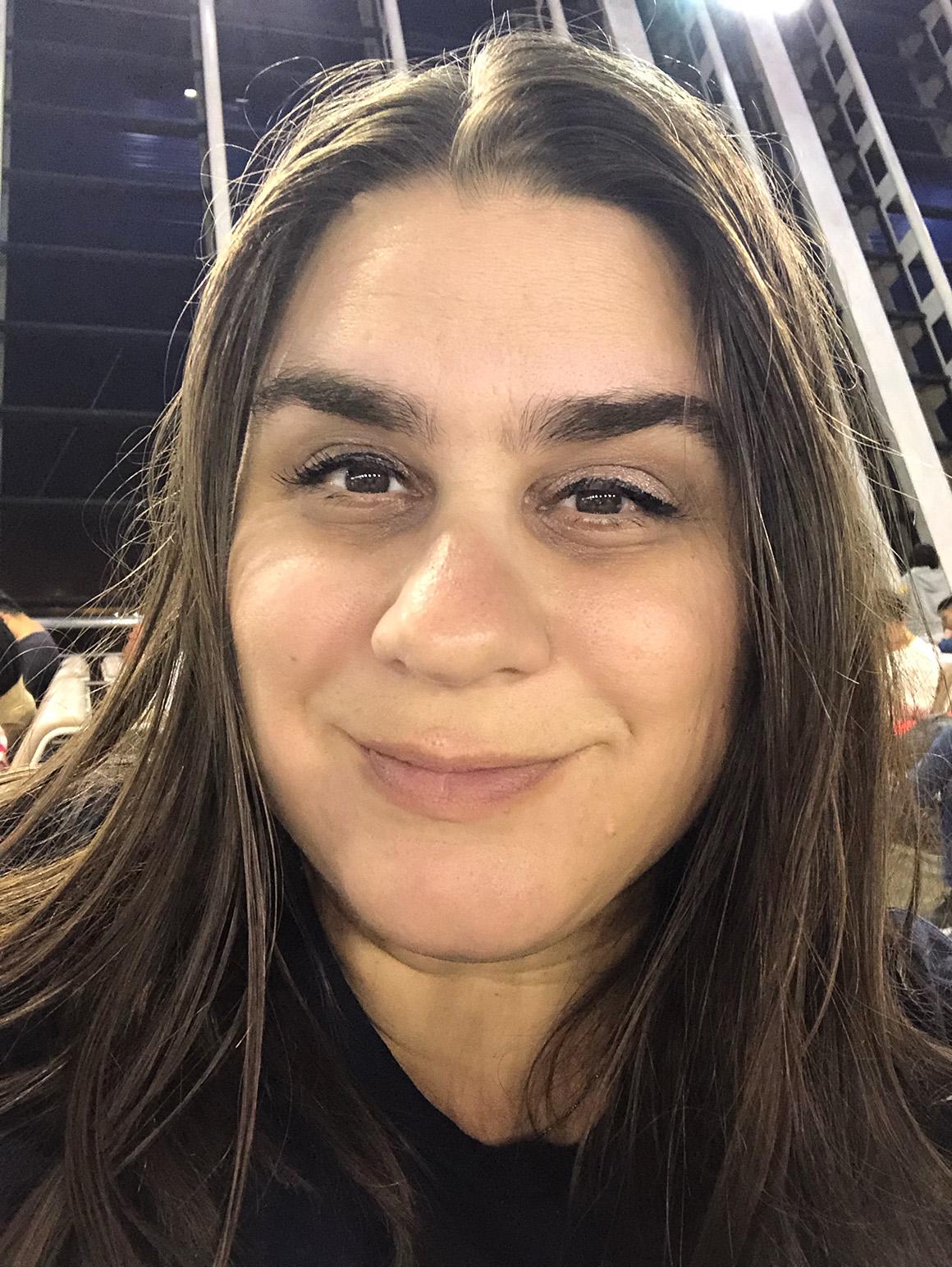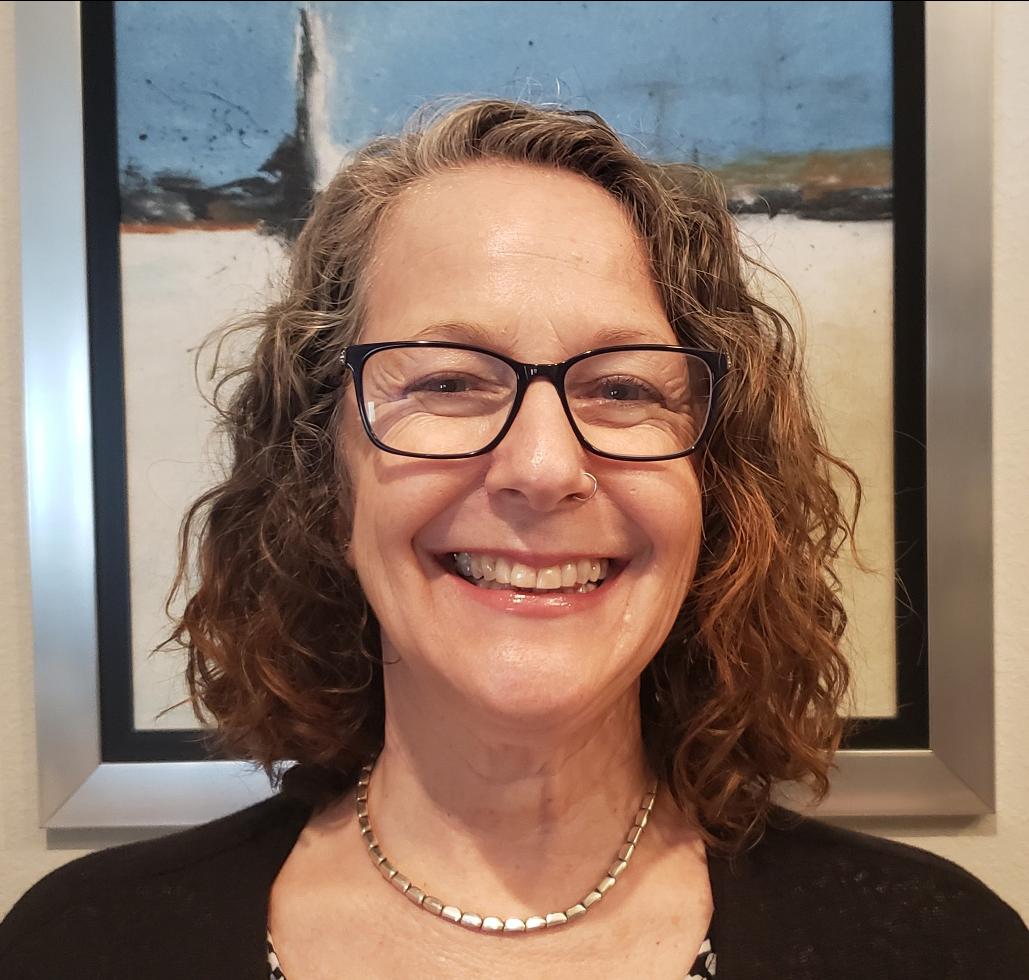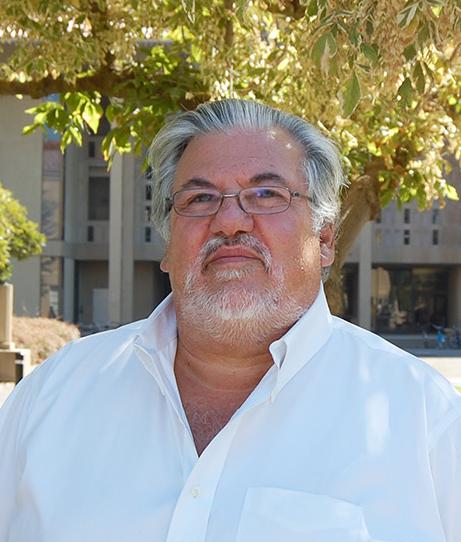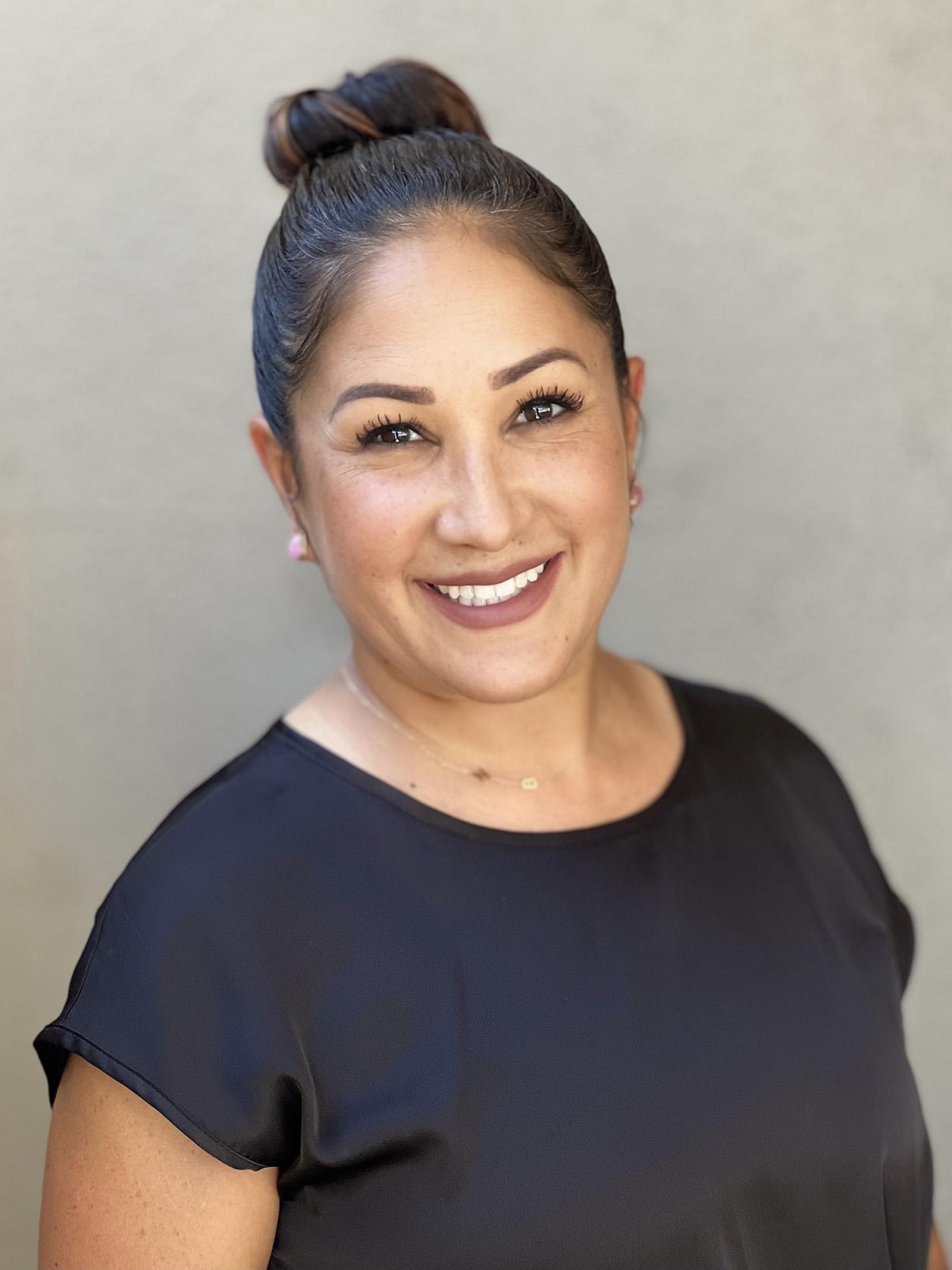The SCALE Group
The SCALE Group is known for our expertise in designing, developing, and implementing student and teacher performance assessment systems that integrate 21st century skills & deeper learning principles with content learning and drive more equitable outcomes for students.
Our overarching mission is to support transformative education policies, practices and research agendas that deepen educator, program, and/or school capacity to provide high-quality learning experiences where all students fully participate in their education and thrive in their pursuits.
We address this mission by supporting P-12 partners and higher education institutions to improve instruction and engage in educative, curriculum-embedded assessments that allow students to authentically demonstrate and apply their knowledge and skill sets. As a leader in the field in developing teacher and student-focused assessment tools, accompanying curriculum units, and implementation guidance, we have bridged the higher education and in-service landscape, and understand the policy needs of each setting. Consequently, we have a first-hand understanding of the critical need to connect the learning that happens during teacher preparation with developing pedagogical approaches that support 21st century learners within diverse P-12 classroom contexts. SCALE’s long history of collaborative support of hundreds of educator preparation programs (EPPs) has guided our perspective towards how candidates and faculty want to address strategies for approaching deeper learning in meaningful, equity-driven ways throughout the cycle of teaching, as a precursor to entering the classroom.

Laura Gutmann, Ph.D
Research & Storytelling Lead at reDesign
SCALE Group | Hewlett Deeper Learning Project
Laura Gutmann, Ph.D., is the Research & Storytelling Lead at reDesign and assists with the Hewlett Deeper Learning Project as part of the SCALE Group. Her work over the past two decades has focused on 1) examining the impact of education policies, systems, and structures on classroom practice, 2) developing student-centered resources that shift practice towards supporting the whole learner, and 3) researching how educators apply those new resources and tools to their own contexts.
Laura previously served as the Director of Deeper Learning Initiatives at the Stanford Center for Assessment, Learning and Equity (SCALE). In that role, she led the Hewlett Fostering Deeper Learning project and collaborated with higher education institutions across the U.S. and in Finland to design online modules and applied activities that built beginning teachers’ capacity to support deeper learning for all students. Other major projects included partnering with middle and high school teachers to research custom measures of social-emotional learning, working globally to create an International Baccalaureate teacher development system for professional growth, providing support for nationally-implemented measures of readiness to teach, and developing Stanford’s Performance Assessment Resource Bank (PARB). She was part of the California Education Policy Fellowship Program in 2017-18.
Laura received her doctoral degree in Education from UNC-Chapel Hill, where her research examined how new teacher evaluation policies influenced early elementary teachers’ professional growth and instruction. While at UNC, she contributed to the FirstSchool project, co-edited, “FirstSchool: Transforming PreK-3rd Grade for African American, Latino, and Low-Income Children” (Teachers College Press), and partnered with a charter network in Washington, DC as a 2010 Education Pioneers Fellow. Prior to that, Laura was the Vice President of Programs for a nonprofit that provided life skills curriculum to 90,000+ students across NYC each year, and taught kindergarten in the Bronx. She earned her Master’s in Early Childhood Education from Bank Street College and received a B.A. in Public Policy Studies from Duke University.

Cathy Zozakiewicz, Ph.D
Professor, San Diego State University
SCALE Group | Hewlett Deeper Learning Project
Cathy Zozakiewicz, Ph.D., has over 20 years of experience as an educator and professor working in partnership with teachers, schools and districts to make teaching and learning science more culturally and linguistically inclusive and responsive. Working on multiple grant projects serving southwest and multilingual communities of New Mexico and Southern California, her research has focused on preparing new and veteran teachers to be effective science teachers of English learners and to improve the participation and achievement of underserved students in science, math, engineering and technology. For the last decade, Dr. Zozakiewicz has worked as a part of the SCALE Science team to design performance assessments, accompanying rubrics and implementation support resources for the field in the areas of teacher preparation (e.g., edTPA) and K-8 assessments for science (e.g., SNAP, Twig). She has led and managed multiple projects with a variety of partners including universities, state departments of education, and digital company clients (e.g., New Mexico Formative Assessment Network, Twig K-6 Science, Twig MS Science).

Ray
Position/Title
Coming Soon

Nicole Merino, Ph.D.
Professor, San Diego State University
National director of edTPA at Stanford University
Nicole Merino, Ph.D., project director. She began her teaching career as an early childhood educator and has over 20 years of experience teaching in P-12 and higher education classrooms. Dr. Merino has worked in partnership with teachers, schools, districts and state leadership to support inclusive and responsive teaching practices through assessment and curriculum resources. She serves as an expert in diversity, equity and inclusion (DEI) for the creation and review of children’s media and educational content and develops materials used to support early multilingual learners across the content areas. Her research focuses on children’s social cognition and she has a thorough knowledge and understanding of child and adolescent development. Dr. Merino is a passionate leader in the creation of inclusive, developmentally appropriate and materials that align with research-based teaching and learning practices - including NGSS, Literacy, Mathematics, 21st Century skills, and C3 Framework.
CTERIN
The California Teacher Education Research and Improvement Network (CTERIN) was established with seed funding from the University of California Office of the President, and is currently housed at UC-Santa Barbara. It involves over 100 researchers and teacher educators from all nine of the UC schools and departments of education, as well as from the science, technology, engineering and mathematics (STEM) departments involved in the CalTeach pipeline to STEM teaching.
CTERIN’s primary effort is to facilitate research in service to the State through networks with P-12 teachers and administrators, the California State University System (CSU), private/independent colleges, state agencies, and key stakeholders in California’s teacher preparation field. These networks serve to study teacher preparation statewide and nationwide, as well as inform the improvement efforts each of us take to prepare teachers for equitable, just, and inclusive teaching practice (key tenets of deeper learning).
What is different about CTERIN’s approach?
First, questions that matter: In a departure from research agendas that are framed around an individual faculty’s interest, the CTERIN agenda is co-constructed with stakeholders and policy makers. This is critical to CTERIN’s priority to serve historically underserved and marginalized communities, as this networked approach invites many voices and viewpoints in the construction of a research agenda.
Second: Research-practice collaborations: Meeting critical calls from the field, the CTERIN network is creating meaningful collaboration between researchers, teachers, and teacher educators in the design, implementation, and analysis of research.
Third, a learning and improvement agenda: CTERIN researcher-practitioners are simultaneously engaged in research and improvement. We study how we learn and how our organizations change in order to inform new members within the network and the field. CTERIN’s reach across multiple universities and its focus on how teacher education can be improved on the state and national level makes the center well-positioned to partner with SCALE to research the impact of this project on a network of preparation programs and their faculty/candidates.

Mian Wang, Ph.D.
Professor, Gevirtz School of Education, UC Santa Barbara
Coming soon.

Danielle
Position/Title
Coming soon.

Matt
Position/Title
Coming soon.

Name/Additional
Position/Title
Coming soon.
Who created the modules?
The Stanford Center for Assessment, Learning and Equity (SCALE), now known as The Scale Group, led the development of the modules with the support of the Hewlett Foundation, working in close collaboration with a national design team of teacher educators and experts in deeper learning. Feedback from pilot use informed their release as customizable, adaptable open education resources (OER). The Scale Group is currently partnering with CTERIN at the University of California, Santa Barbara to further research and develop the modules as they are used in educator preparation programs.
We are grateful to our design, research, & thought partners at Alverno College; California State University, Sacramento; California State University, Northridge; Carnegie Foundation for the Advancement of Teaching; Elon University; Innokas Network; James Madison University, Learning Policy Institute; Lehman College, City University of New York; KnowledgeWorks; NC State University; San Diego State; Spelman College; Stanford d.School; Stanford Graduate School of Education; University of California, Santa Barbara; University of North Carolina at Chapel Hill; Urban Teachers/Johns Hopkins University; and Vanderbilt University, as well as our funders at the William & Flora Hewlett Foundation.
Collaborators
- Alverno College
- California State University, Sacramento
- California State University, Northridge
- Carnegie Foundation for the Advancement of Teaching
- Elon University
- Innokas Network
- James Madison University
- Learning Policy Insitute
- Lehman College – City University of New York
- KnowledgeWorks
- North Carolina State University
- Spelman College
- San Diego State University
- Stanford d.School and Stanford GSE
- University of California, Santa Barbara
- University of Carolina at Chapel Hill
- Urban Teachers/Johns Hopkins University
- Vanderbilt University